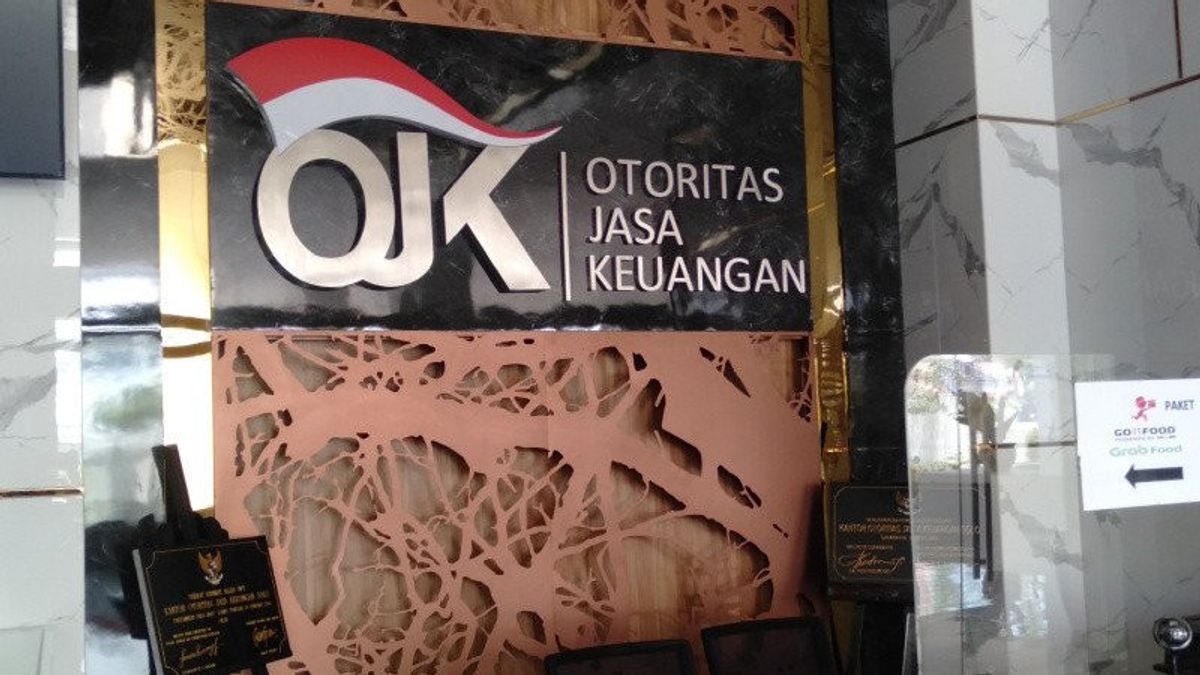PONTIANAK - Head of the Office of the Financial Services Authority (OJK) of West Kalimantan Province, Maulana Yasin said, based on a survey the level of financial literacy in the area had only reached 36.48 percent.
This is still below the national level which reached 38.03 percent.
"The existing data indicates that out of every 100 residents in the West Kalimantan region, there are only 36 people who understand finance. Well, that certainly continues to be our common concern," said Maulana Yasin, quoted from Antara, Wednesday, May 25.
Maulana Yasin added that the level of financial inclusion in West Kalimantan was better at 75.33 percent, and below the national level of 76.19 percent.
"From 100 residents in West Kalimantan, 75 people have used financial products and services. This figure is quite good even though literacy is not yet supported," he explained.
According to him, the inequality that occurs between the literacy index and the financial inclusion index shows that there are still people who have used financial products or services, but do not have sufficient knowledge and confidence in using financial products and services.
This ignorance, he continued, is about features, benefits and risks, rights and obligations related to financial products and services, as well as skills, attitudes, and correct behavior.
"The situation is certainly not ideal because the use of financial products or services without adequate knowledge will have an impact on vulnerability to being trapped in illegal investment offers or illegal online loans. Then there is a high level of complaints because they do not understand well the financial products used are even risky. using financial products that are not in accordance with their financial goals," explained Maulana Yasin.
He said, based on the 2020 population census, there were 27.94 percent of Indonesia's population who belonged to the millennial group (Gen Z).
All Gen Z will in the next seven years be in the productive age group so that it becomes an opportunity and a challenge for the Government of Indonesia in accelerating economic growth and improving people's welfare.
Based on the data from the survey, Gen Z has a fairly good level of financial literacy, which is at the level of 44.04 percent, above the average national financial literacy level which is currently at the level of 38.03 percent.
"What is also encouraging is the enthusiasm of the younger generation to use financial products or services, which is reflected in the level of financial inclusion which reached 82.06 percent, higher than the average national financial inclusion rate of 76.19 percent," he said.
"Gen Z has a big role in increasing financial inclusion and influencing the development of this nation in the future. Therefore, we need to equip Gen Z with good financial literacy considering that financial products and services cannot be separated from supporting our daily activities. -day," he said.
With the existing portraits, there is still room for efforts to increase public understanding of financial products or services in Indonesia.
Therefore, financial education must be accelerated through various policy mixes using information technology and strategic alliances with various stakeholders.
"We continue to intensively educate finance so that the level of literacy and inclusion gets better. Then we continue to hope for the support of local governments and the financial industry players themselves so that the index of financial literacy and inclusion gets better," he concluded.
The English, Chinese, Japanese, Arabic, and French versions are automatically generated by the AI. So there may still be inaccuracies in translating, please always see Indonesian as our main language. (system supported by DigitalSiber.id)










